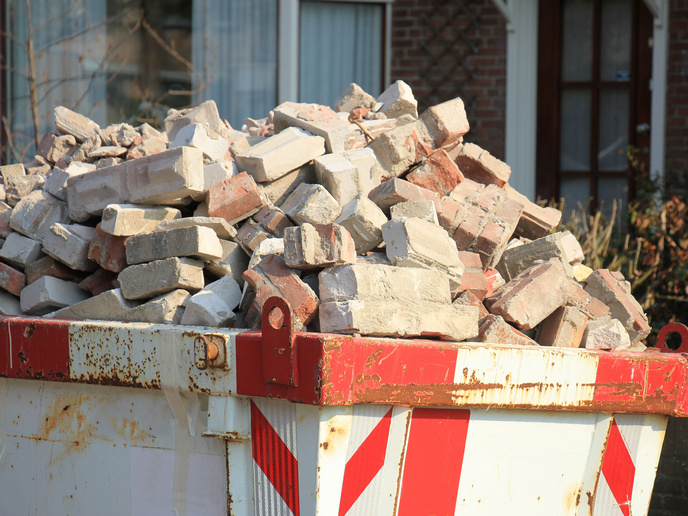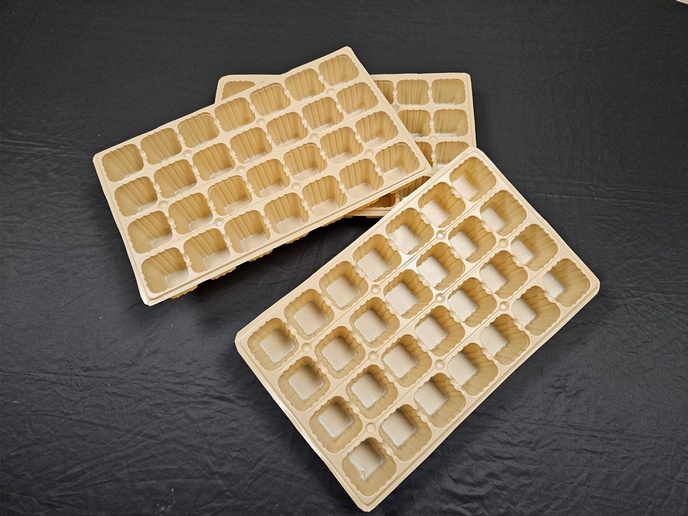Western Balkans clean up their act
Disposal of coal ash in the Western Balkans has been seen as a source of pollution and toxicity for surrounding communities, prompting calls for tackling this hazard. The 'Reintegration of coal ash disposal sites and mitigation of pollution in the West Balkan area' (Recoal) project heeded the region's concerns and set out to find a viable solution. The EU-funded project aimed to assess the risks of ash disposal sites, examine socioeconomic impacts and test new cost-effective methods to remedy coal ash deposit surfaces, including treatment of contaminated waters. Project objectives were achieved through a combination of ecological, agronomic, technological and socioeconomic approaches. Specific solutions proposed, among others, covering soil to reduce transfer of toxic elements, as well as installation of filtration and aeration systems in industrial settings. The solutions also involved protection of the food chain using low-pollutant uptake varieties of local crops, soil cover and soil amendments. At the same time, low-cost solutions for dust reduction considered landscaping with buffer strips and wind belts, crop selection, crop rotation and inter-cropping for permanent vegetation cover. Pollution treatment of local rivers was based on novel soil filtering, such as phytoextraction, rhizo-filtration and chemical fixation technologies. The solutions were developed jointly with farmers, municipalities, power plants and other stakeholders. The project undertook a full assessment of the situation, then proposed the most viable processes and technology required. It conducted multiple tests and experiments to ensure the best approaches, elaborating decision tools to fine-tune the strategy for remediation and reintegration of coal ash disposal (CAD) sites. A stakeholder workshop conducted at the end of the project and publication of a handbook on the relevant issues has guided stakeholders to aim for a cleaner environment, free of ash pollution.







